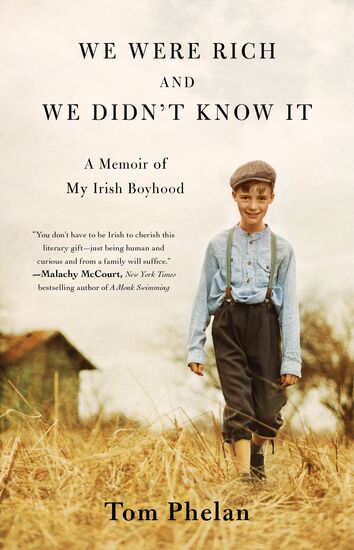Kyle Alden.
By Colleen Taylor
“The West,” in all its mystery and ruggedness, is a strong fixture in both the American and Irish cultural imaginations. Each one, in its own particular way, holds a power over national music and national identity. Kyle Alden, a singer-songwriter based in California, has smartly brought these two disparate “Wests” together in his recently-released album, “Down in the West, Volume 2.” Alden merges the Kerry polkas with the twangy Western tunes, embracing their differences as well as their similarities. The result is a collection of music that travels imaginatively and literally—from the West of Ireland, to Appalachia, and settles in the far West of North America.
Alden has been playing traditional Irish tunes on his guitar for nearly 20 years, supporting traditional superstars like Tommy Peoples and Liz Carroll. “Down in the West,” however, marks his first venture toward deliberately recording in the traditional Irish style. Still, Alden’s Irish tunes aren’t too traditional, and the most faithful of trad heads might even disapprove. His Irish music combines his other musical influences from a childhood in California: bluegrass, old time, even Gospel. “The Four and Twenty Reels,” on “Down in the West,” for instance, starts with the traditional tune “The Lily Field” then transitions into some of Alden’s original Irish material: “Sneakers in the Irish,” which is looser than your typical trad tune, followed by “The Four Twenty.” In this set, particularly, you can really hear the two Wests coming together, as the styles move from Irish to Americana and back again.
Some of my favorites on the album include “Sail Away Ladies,” a banjo-heavy version of some traditional Irish tunes. The soft, melancholic “George’s Street” will warm the heart of any Dubliner. It more rightly sounds like a song that was played by a lonely coal miner in a tavern on the American frontier, but with the added Dublin context. The similarly sweet “Sam Hall” almost functions like a lullaby, lulling the album to a soft and sweet close.
Alden doesn’t do it alone on the album. He is joined by a number of important names in Irish music, whom he gathered in California to record the album. Among them are fiddler Athena Tergis, who helped Alden with some arrangements, and Waterboys bassist Scott Thunes. In fact, perhaps the most important Irish supporting act of Alden’s career was none other than W.B. Yeats himself. Alden’s most acclaimed album to date, released in 2011, was “Songs from Yeats’ Bee-Loud Glade” is an ambitious album which set a number of Yeatsian poems to original accompaniment composed by Alden. The album received a lot of airtime in Ireland and was praised or its originality and its cultural crossover.
For me, what is most interesting about Alden is not so much his sound, but his cultural work. His musical interests foreground cultural heritages we take for granted. He makes cultural connections visible that might otherwise be invisible. For example, “Songs from Yeats’ Bee-Loud Glade” offers an important reminder that Yeats is not just an Irish poet, but held international sway and impact. The combination of the poet’s words with American tunes not only sounds enlightening, it also sounds perfectly natural. Likewise, “Down in the West’s” conscious combination of the Irish West with the American one sheds light on the interconnectedness of the two national psyches. It might even suggest that part of the Wild West’s sway in the American imagination may be traced back to this fixture on the West in Irish culture and experience. Or, it might just rightly point out, in musical form, that many of those on the Frontier once hailed from the West of Ireland themselves.
“Down in the West, Volume II” is a soothing listening experience, but it’s a historically reflective one too. It’s an album welded by the story of Irish America and energized by Kyle Alden’s creativity.








